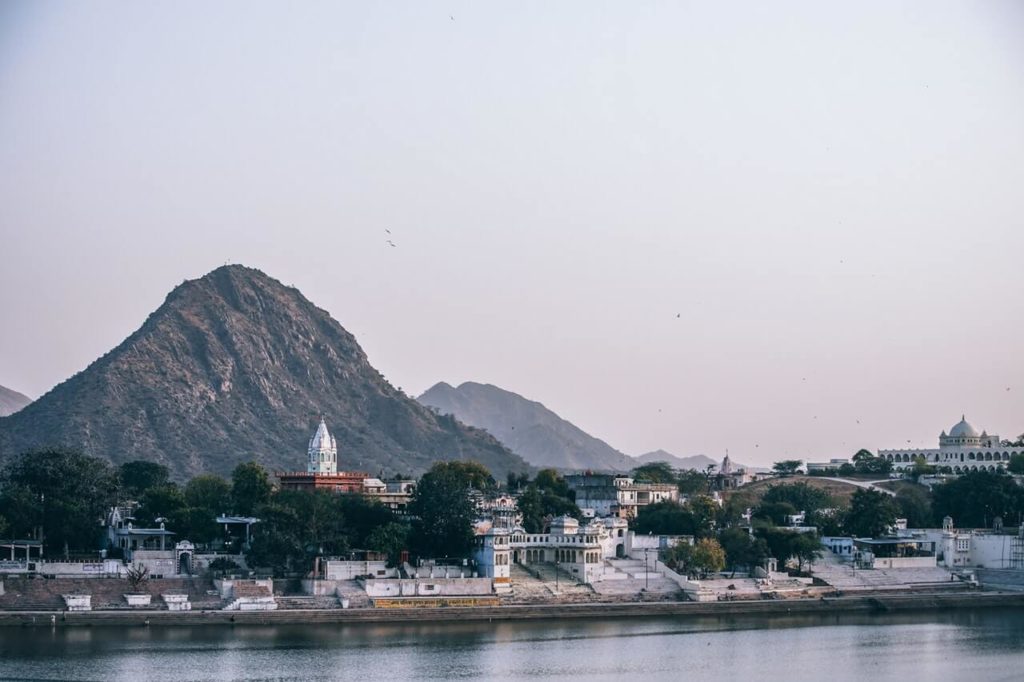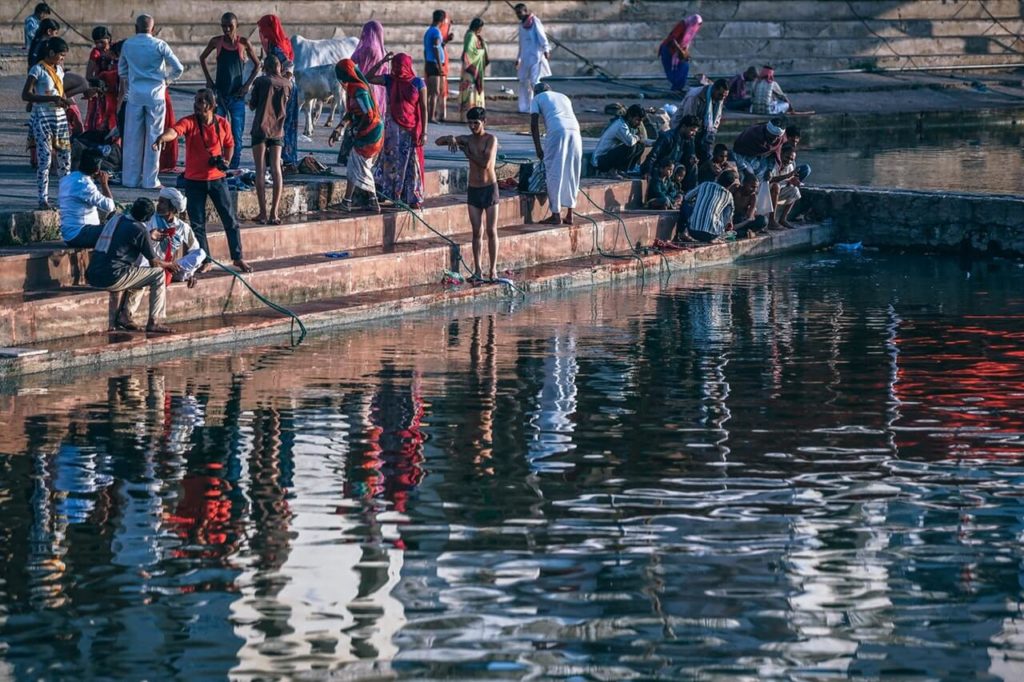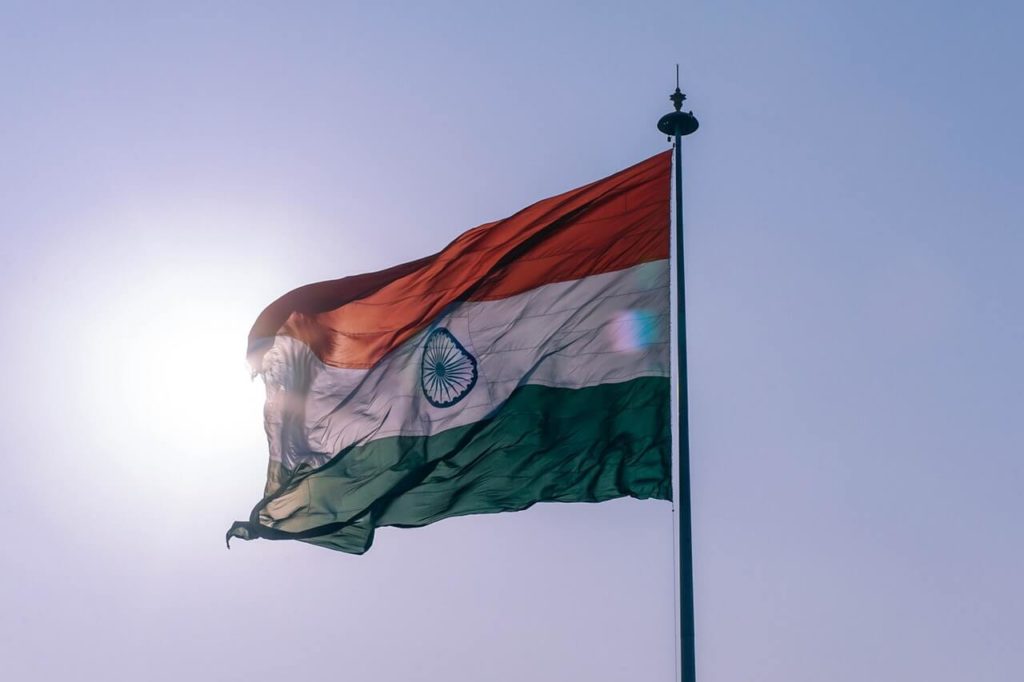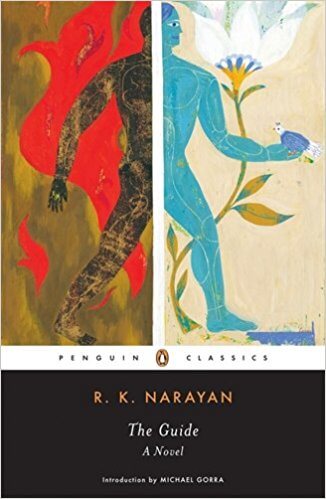Hi there. 最近ようやく大学の単位を取り終わり、いよいよ卒業出来ることがほぼ決まった僕です。「ほぼ」というのは期末試験の結界次第ということですが、まあ多分Fはないでしょう。これでFだったらもう大学を辞めます。
今学期は比較的楽な授業ばかりとっていたのですが、その中でもインド文化・思想のゼミは楽中の楽と言っていいほど楽でした。ゼミの内容はインドの小説家が買いた作品を読んで意見を言い合うといったようなもので、大学最後の学期なのにこんなに楽な授業を取ってていいのかとこちらが不安になるほどでした。
ただその時に読んだ「The Guide」という小説が意外と面白くて、授業外で自分でも読んでしまいました。ペーパーバックは少し高いし、新品はイギリスから発送とかで届くのにかなり時間がかかるのでKindleで買いました。
The Guideのあらすじ

インドのどっか
短くまとめます。まず小説は主人公であるラージュという男が刑務所を出てきた時に、子ども時代からこれまでの人生を回想するシーンから始まります。
鉄道ラージュ(railway Raju)というニックネームだったラージュは南インドの架空の村マルゴリでツアーガイドをしていましたが、ある時ダンサーのロージー(Rosie)という女性に出会い恋に落ちます。
ロージーにはマルコという夫がいましたが、マルコは自分の研究に夢中でロージーのことなんかまったく気にかけてくれてくれません。それだけでなく、マルコはロージーに踊りを禁じます。悲しみの渦中にあったロージーはラージュと恋に落ち、駆け落ちを試みますが上手くいかず、結局は夫であるマルコの元に戻ります。
ラージュは駆け落ちを試みようとした過程でマルコの策略にハマり、文書偽造の罪で2年間刑務所に収容されます。そして2年後に刑務所を出所し、近くの廃寺に立ち寄った際にヴェーラン(Velan)という男に会い、ひょんなことからこの男に自分は聖人(holy man)であると勘違いされてしまいます。
噂は近くの村中に広まり、誰もがラージュを聖人扱いし始めますが、ラージュの方もタダで食事が食べれるとそのステータスをまんざらでもない様子で楽しみます。
しかしある時、村で干ばつ(drought)が起こり「聖人」であるラージュは雨乞のために12日間の断食をしてほしいと村の人々からお願いされます。当然断りたいラージュですが、今更自分は聖人ではないといったところで村人は信じてくれるはずもなく、渋々断食を了承します。
最初は嫌々断食を続けてきたラージュですが、段々と気持ちに変化が起きてきます。これまでの人生で一度もお金や名声や利己的な動機以外で行動をしたことのなかったラージュですが、今初めて利他的な動機から行動している自分に気づきます。
そして12日の断食の後、ラージュはフラフラで他の人の肩を借りながら立ちあがり、丘の方で雨が降っているのを感じながら崩れ落ちます(sagged down)。
感想
「あらすじ」でほとんどネタバレかもしれませんが、これはラブストーリーでもあり、コメディーでもあり、ある男の成長記でもあります。
ほとんど解説ではこの小説の主題は「自己中心的だったラージュが最後に村人たちを助ける為に自分を犠牲にした」のように書かれています。確かに物語としてはそれが「オチ」ではありますが、途中のロージーとマルコとの微妙な関係性や、そこに現れるお節介のタクシー運転手や、聖人として崇められるくだりなども十分読み応えがあります。
何よりもこの作品の中に設定されている1950年代のインドに生きる人々の描かれ方にも注目したいところです。一言で言えば現代に生きる人間と特に変わりはありません(すぐに誰かを「聖人」とか信じちゃう点以外は)。人間はどこにいっても何年経っても人間なのだ、改めて思い知らされます。

ガンジス川
また外国の小説を読むのは異文化を理解する為には最も効率が良く、かつ正しい方法だとも思います。同じ言葉を喋り、同じ生活習慣を持ち、同じ思考回路を持つ人々の中で育ってしまうと、何をとっても異なった文化圏の人間に対して多少警戒心を持って偏った見方をしてしまいがちです。
しかし、小説を読み、「そこで生きている人たちは自分らとあまり変わりが無いのだ」と知ることによって異文化理解が進み、初めて接した時にもまごつかずに済みます。こういった事は多分ガイドブックには書かれていないでしょう。
「The Guide」は長い小説ですが、常に読者を飽きさせないイベントが起こるので途中で飽きてしまうということもそれほど無いでしょう。飽きてしまえばまたいつか再開しても全く構わないと思います。いつでもどこでも読めるのでKindleがオススメです。今だと1000円くらいで買えます。
Is Raju a holy man?

真ん中にあるのかガンジーの糸車なんだって
「ラージュは聖人はどうか?」という疑問について考えてみました。
Before giving an answer to this question, we need to know that this story is, roughly speaking, composed of two parts: the story which is told by Raju in the first-person about his past, and the other story which is told in the third-person about what is actually going on right now.
Since there are two perspectives brought in here, we need to decide if Raju is a holy man or not from these two sides.
For the villagers or those around him who do not know anything about his past nor his checkered encounters and accidents, he must seem to be a holy man Raju appeared from nowhere to become a spiritual advisor of the village, and in the end, he made it rain, saving the lives of the villagers. There is no room to argue if he is a holy man or not. Because we call a man saint, who brings miracles and make people happy. In definition, he is a saint, which is really important for the villagers.
Although Raju is a saint in the perspective above, he author offers us the different perspective to the readers, which is the story told by Raju himself in the first-person, through which we are able to know what actually Raju is, what he is thinking, and what is really happening around him. As far as we can know from this story, he is far from a holy man. He is an impulsive, unprincipled, and self-indulgent man, who had been behind bars before. Even when he was mistaken for a holy man by Velan at first, he got the taste of being a holy man and made use of that status for the daily offering of food by villagers.
Although Raju had to fast for up to 12 days to save face in the last part of the story, he was still reluctant to do so. It was the very end when he became a truly careful, thoughtful and self-disciplined man and his legs sagged down feeling the rain falling in the hills. It doesn’t say whether he died or not. No reader, nor the author himself doesn’t know whether he dies or not. But whether he dies or not does not matter for the villagers because he is already a holy man after a number of miracles he caused. The point is whether we, the readers who are outside the book, think of him as a holy man or just a man.
In my opinion, I do not think that he is a holy man after reading all the story told by himself. He is a man. In a way, he may be a more human person than a normal person, whose character is very attractive for anyone(for readers, of course), and the main point of this story is a man growing from a selfish and self-indulgent man to a careful and self-disciplined man. We, readers, do not have to decide whether he is a holy or not, but enjoy one’s life story as a great man.






















コメント